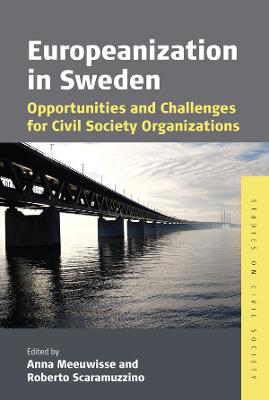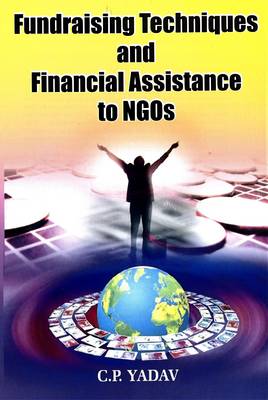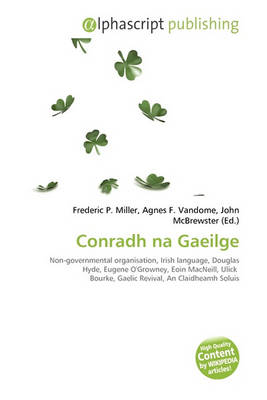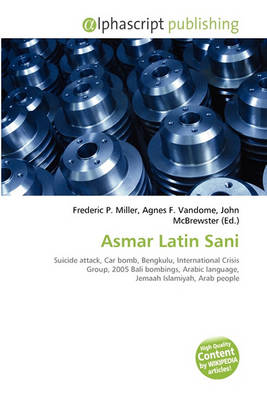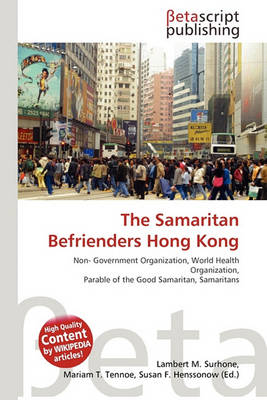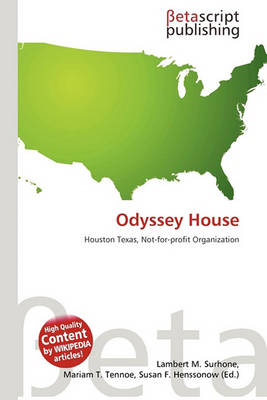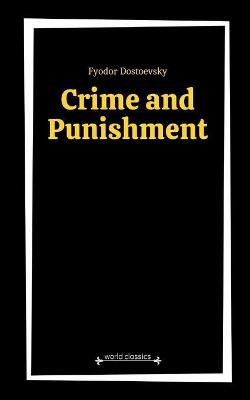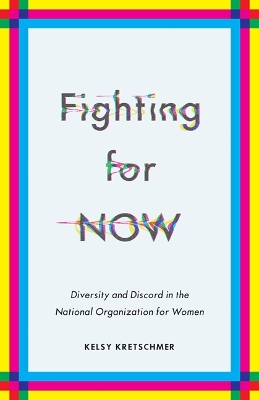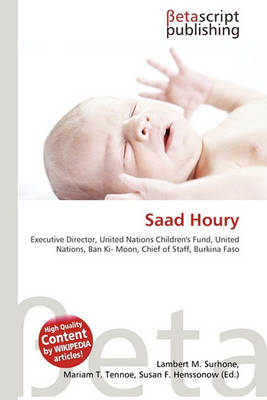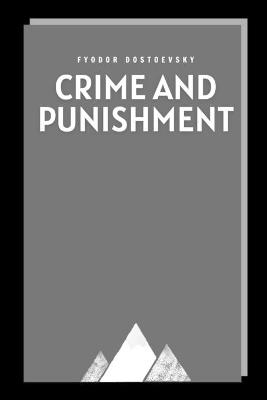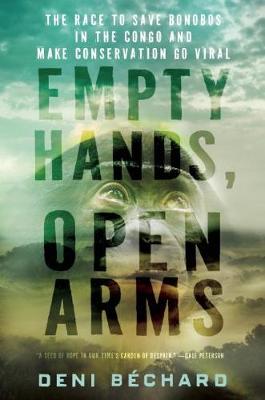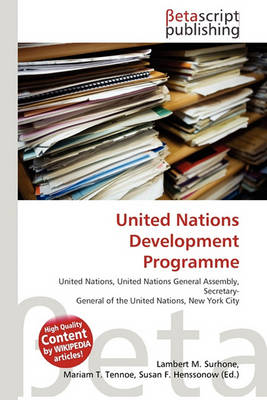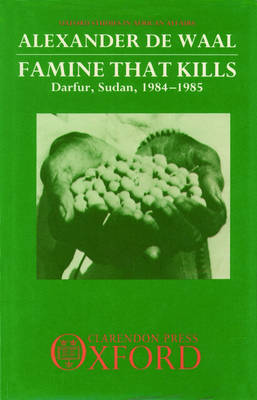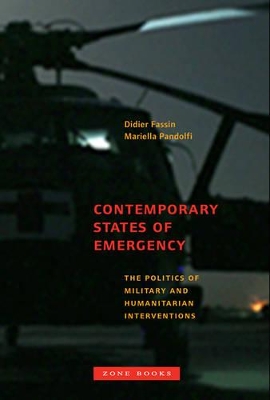Europeanization in Sweden (Studies on Civil Society, #10)
Notwithstanding its many successes since 1945, the project of European integration currently faces major difficulties, from financial crises and mass immigration to the impending departure of the UK from the European Union. At the same time, these challenges have spurred civil society organizations within and across Europe, revealing a shared public sphere in which citizens can mobilize around refugee rights, opposition to austerity policies, and other issues. Europeanization in Sweden assembl...
National Environment Agency
by Lambert M Surhone, Miriam T Timpledon, and Susan F Marseken
The Samaritan Befrienders Hong Kong
by Lambert M Surhone, Miriam T Timpledon, and Susan F Marseken
Measuring Success (Occasional Paper, #44)
by John Hailey and Mia Sorgenfrei
An unparalleled exploration of NOW’s trajectory, from its founding to the present—and its future A new wave of feminist energy has swept the globe since 2016—from women’s marches and the #MeToo movement to transwomen’s inclusion and exclusion in feminism and participation in institutional politics. Amid all this, an organization declared dead or dying for thirty years—the National Organization for Women—has seen a membership boom. NOW presents an intriguing puzzle for scholars and activists alik...
Saad Houry
by Lambert M Surhone, Miriam T Timpledon, and Susan F Marseken
Theories and Practices of Development (Routledge Perspectives on Development)
by Katie Willis
Throughout the twentieth century, governments sought to achieve 'development' not only in their own countries, but also in other regions of the world; particularly in Africa, Asia, Latin America and the Caribbean. This focus on 'development' as a goal has continued into the twenty-first century, for example through the United Nations Millennium Development Targets. While development is often viewed as something very positive, it is also very important to consider the possible detrimental effect...
When acclaimed author Deni Bechard first learned of the last living bonobos--matriarchal great apes that are, alongside the chimpanzee, our closest relatives in the animal kingdom--he was completely astonished. How could the world possibly accept the extinction of this majestic species? Bechard discovered one relatively small NGO, the Bonobo Conservation Initiative (BCI), which has done more to save bonobos than many far larger organizations. Based on the author's extensive travels in the Congo...
United Nations Development Programme
by Lambert M Surhone, Miriam T Timpledon, and Susan F Marseken
A look at the rich and diverse heritage of American fraternal societies from the late 1800s through present times. Focusing upon larger organizations of the golden age, this book covers the basic symbols and emblems of groups as diverse as the Freemasons, Odd Fellows, Redmen, Knights of Columbus, Elks, Knights of Pythias, and even the Ku Klux Klan. Usually couched in mystical symbolism, here find images of actual medals and regalia along with period photographs and imagery from trade catalogs. F...
In spring 2006, Christine MacDonald left journalism for a dream job at Conservation International, one of the world's largest environmental organizations. Soon after reporting to the group's Washington offices, however, she realized that something is rotten in today's clubby world of conservationists. "Green, Inc." is a riveting account of an eco-warrior's travails at the crossroads of the nonprofit and corporate worlds. Environmental NGOs that once dedicated themselves solely to saving pandas a...
A study based on detailed field research during the terrible famine of 1984-85 in the Darfur region of Sudan. The author analyzes the famine from the perspective of the rural people who suffered it and in the process uncovers a number of new and important insights. When news of the famine broke in the West, relief experts predicted that, without massive food aid, millions of people would starve to death. Food aid on this scale did not arrive in time, but millions did not starve. Dr de Waal argue...
Contemporary States of Emergency (Zone Books)
The new form of "humanitarian government" emerging from natural disasters and military occupations that reduces people to mere lives to be rescued. From natural disaster areas to zones of political conflict around the world, a new logic of intervention combines military action and humanitarian aid, conflates moral imperatives and political arguments, and confuses the concepts of legitimacy and legality. The mandate to protect human lives-however and wherever endangered-has given rise to a new...
Australia is experiencing a significant demographic shift - the proportion of the population that is aged 65 years and older has increased substantially and is continuing to do so. With this shift comes particular housing challenges for older people. The Australian Dream examines the impacts of housing tenure on older Australians who are solely or primarily dependent on the Age Pension for their income. Drawing on 125 in-depth interviews, it compares the life circumstances of older social housin...
